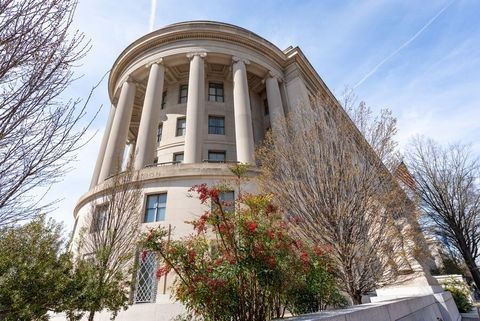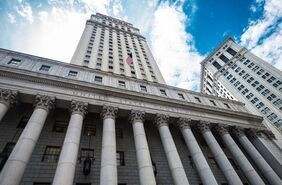Laura Schwartz
Overview
Laura Schwartz is a partner in Crowell & Moring's Los Angeles office, where she is a member of the Commercial Litigation and White Collar & Regulatory Enforcement groups. Laura represents corporate and individual clients in high stakes litigation including healthcare fraud, intellectual property and trade secrets theft, data privacy, and related criminal investigations in state and federal courts. Her clients include Fortune 500 companies, multinational health care services and investment bank and financial services companies, university systems, and technology start-ups.
Career & Education
- University of Pennsylvania, B.A., political science, 2004
- Columbia University, M.A., 2007
- Emory University School of Law, J.D., Order of the Coif, 2012
- California
- New Jersey
- New York
Laura's Insights
Firm News | 9 min read | 01.09.26
Crowell & Moring Elects 15 New Partners, Promotes One to Senior Counsel and 26 to Counsel
Washington – January 9, 2026: Crowell & Moring elected 15 new partners effective January 1, 2026. The firm also promoted 26 associates to counsel, and one counsel to senior counsel.
Client Alert | 4 min read | 07.21.25
Not So Surprising: The Fifth Circuit Finds No Private Right of Action in the No Surprises Act
Publication | 07.18.25
FCPA Under Fire: What Companies Need to Consider After Trump’s Executive Order
Insights
FCPA Under Fire: What Companies Need to Consider After Trump’s Executive Order
|07.18.25
ABA Criminal Justice Magazine
'Help Wanted': Justice Department Debuts Its Corporate Whistleblower Awards Pilot Program
|08.19.24
Westlaw Today
Cybersecurity Threats Increase Civil And Criminal Liability For Government Contractors
|10.09.23
Corporate Compliance Insights
Gap Year: COVID-19's Impact on White-Collar Crime Enforcement and Defense
|12.08.20
Criminal Justice, Vol. 35, No. 3
"Trade Secrets and Damages in Focus--Identifying, Protecting, and Defending your Assets from the Perspective of the DOJ, Litigators, and Experts," Crowell & Moring Seminar, Los Angeles, CA
|12.13.23
Not So Surprising: The Fifth Circuit Finds No Private Right of Action in the No Surprises Act
|07.18.25
Crowell & Moring's Health Law Blog
- |
12.21.21
Crowell & Moring’s Trade Secrets Trends
Half-Baked Trade Secret Identification Leads Third Circuit to Vacate Preliminary Injunction
|12.13.21
Crowell & Moring’s Trade Secrets Trends
Former Coca-Cola Employee Convicted of Stealing Trade Secrets for the Chinese Government
|05.11.21
Crowell & Moring’s Trade Secrets Trends Ninth Circuit Allows Defend Trade Secrets Act Claims for Conduct Predating the DTSA
|01.05.21
Crowell & Moring’s Trade Secrets Trends
Virginia Joins States That Restrict Use of Non-Compete Agreements
|12.09.20
Crowell & Moring’s Trade Secrets Trends
Beep, Beep: Road Runner Escapes DTSA Claim, for Now
|09.16.20
Crowell & Moring’s Trade Secrets Trends
Medical Marijuana Companies Can Protect Trade Secrets Under Pennsylvania’s Right-to-Know Law
|10.02.19
Crowell & Moring's Trade Secrets Trends
Delaware Court Finds L’Oreal Liable for Stolen Secrets
|09.12.19
Crowell & Moring's Trade Secrets Trends
Practices
Laura's Insights
Firm News | 9 min read | 01.09.26
Crowell & Moring Elects 15 New Partners, Promotes One to Senior Counsel and 26 to Counsel
Washington – January 9, 2026: Crowell & Moring elected 15 new partners effective January 1, 2026. The firm also promoted 26 associates to counsel, and one counsel to senior counsel.
Client Alert | 4 min read | 07.21.25
Not So Surprising: The Fifth Circuit Finds No Private Right of Action in the No Surprises Act
Publication | 07.18.25
FCPA Under Fire: What Companies Need to Consider After Trump’s Executive Order






